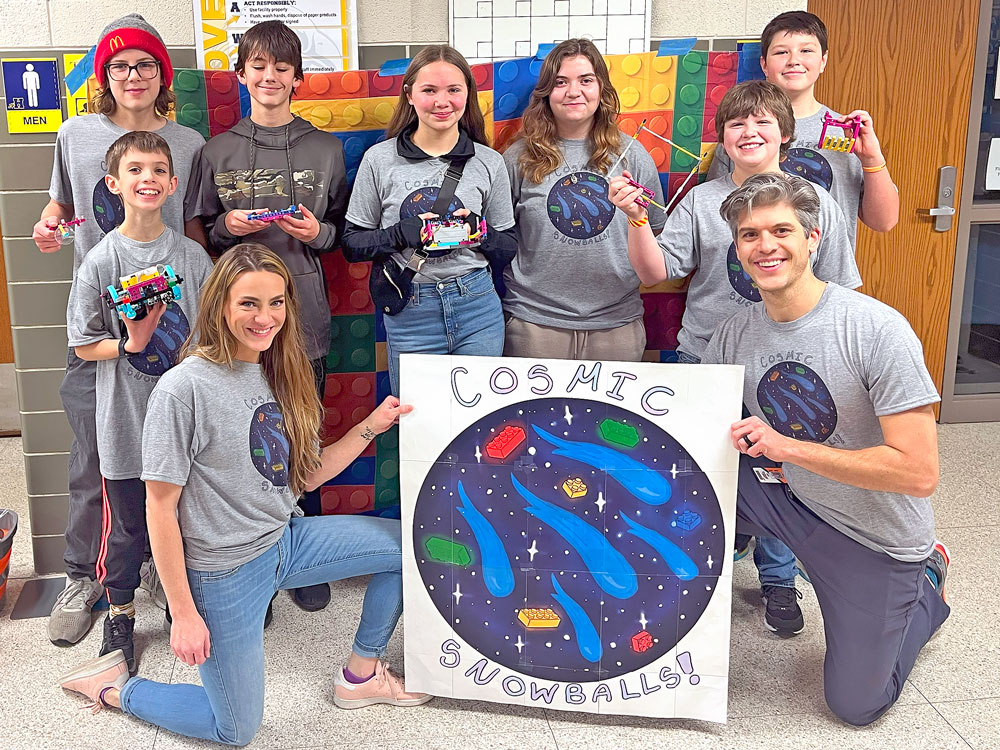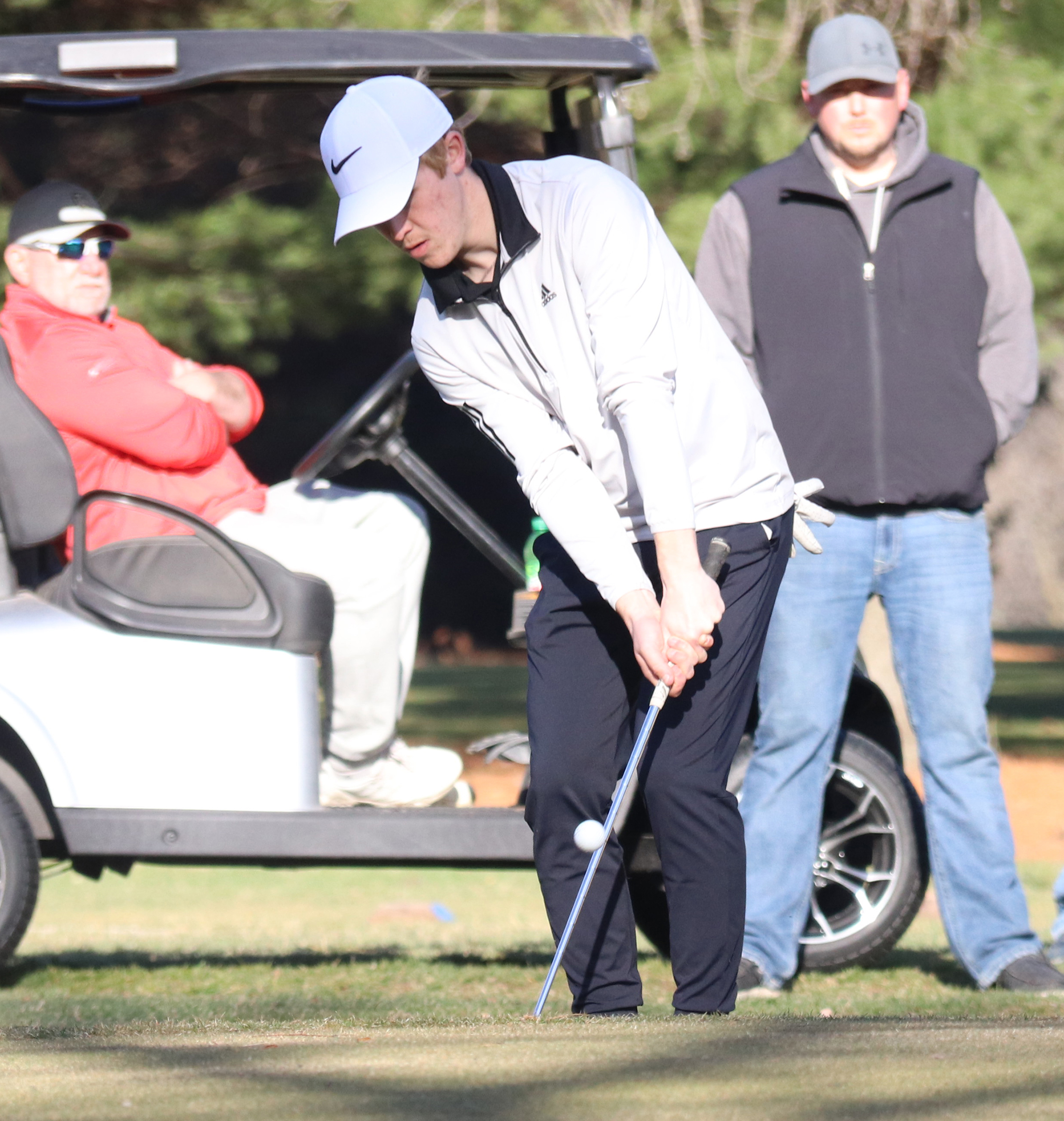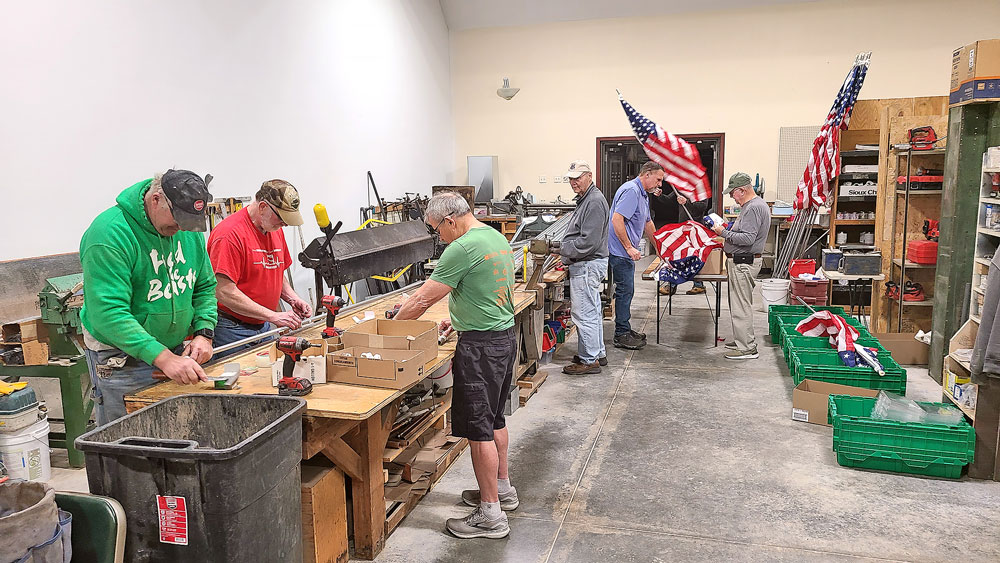NIACC Campus to host program “At Home in the Heartland” in November
NIACC Campus to host program “At Home in the Heartland” in November
Mobile museum will examine changes throughout the Hawkeye State
Special to the Press
In November 2015, TRACES Center for History and Culture will bring mobile exhibit “At Home in the Heartland: How Iowans Got to Be ‘Us’” to Mason City.
Housed in a retrofitted school bus called the “BUS-eum,” the exhibit and related programs will visit North Iowa Area Community College (NIACC) on Monday, Nov. 9. The BUS-eum Exhibit will be open from 4:30-7:30 p.m. and will be located in the east parking lot outside of the Activity Center. A presentation of “Grindin Ol’ Bones: Social Contexts of Family History” will be in the Beem Center Room 200 from 5-7 p.m. This exhibit and presentation is hosted by NIACC’s Lifelong Learning Institute and is free to the public. Visitors are encouraged to tour the bus, then attend the presentation.
About the Exhibit and Presentation:
The North Central Iowa that existed as little as 35 years ago is gone. Sweeping, long-term core changes in the region’s agriculture, economy, technology, politics and its ethnic, age or other demographics have indelibly altered the ways we live. In the process, we have lost old treasures even as we have gained new possibilities.
At present, seniors often say they find it difficult to relate to youth who use technology and communication forms far different from the norm a generation ago. Both seniors and parents lament what they decry as a failure to transfer a sense of history, our cultural legacy, to younger Iowans.
While the failure to transfer practical information hobbles young people’s later job skills and economic performance, the failure to transfer cultural information erodes their social skills. Cultural competency (the understanding of how we became who we are, how we changed over time – or not – and how humans change at all) informs how we behave as individuals, how we live together and how we govern ourselves. To reverse intergenerational schisms, we need to relay words between worlds.
Mason-City-based TRACES sees history as encounters among various ways of living, which transcend borders or eras. We invite people to converse about their origins, and the history of their regions or nations as well as their families’ roles in that history. As we tell stories, we experience history.
And, in so far as we live our stories authentically, we shape history. Out of this awareness arises a responsibility to shape our world justly and peaceably.
Committed to universality and accessibility by all, TRACES does not espouse partisan politics or prescribed worldviews.
For details, contact staff@TRACES.org.








Social Share